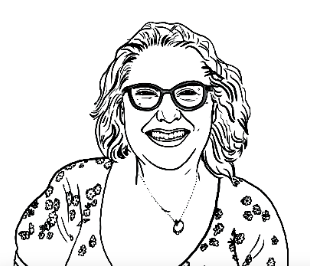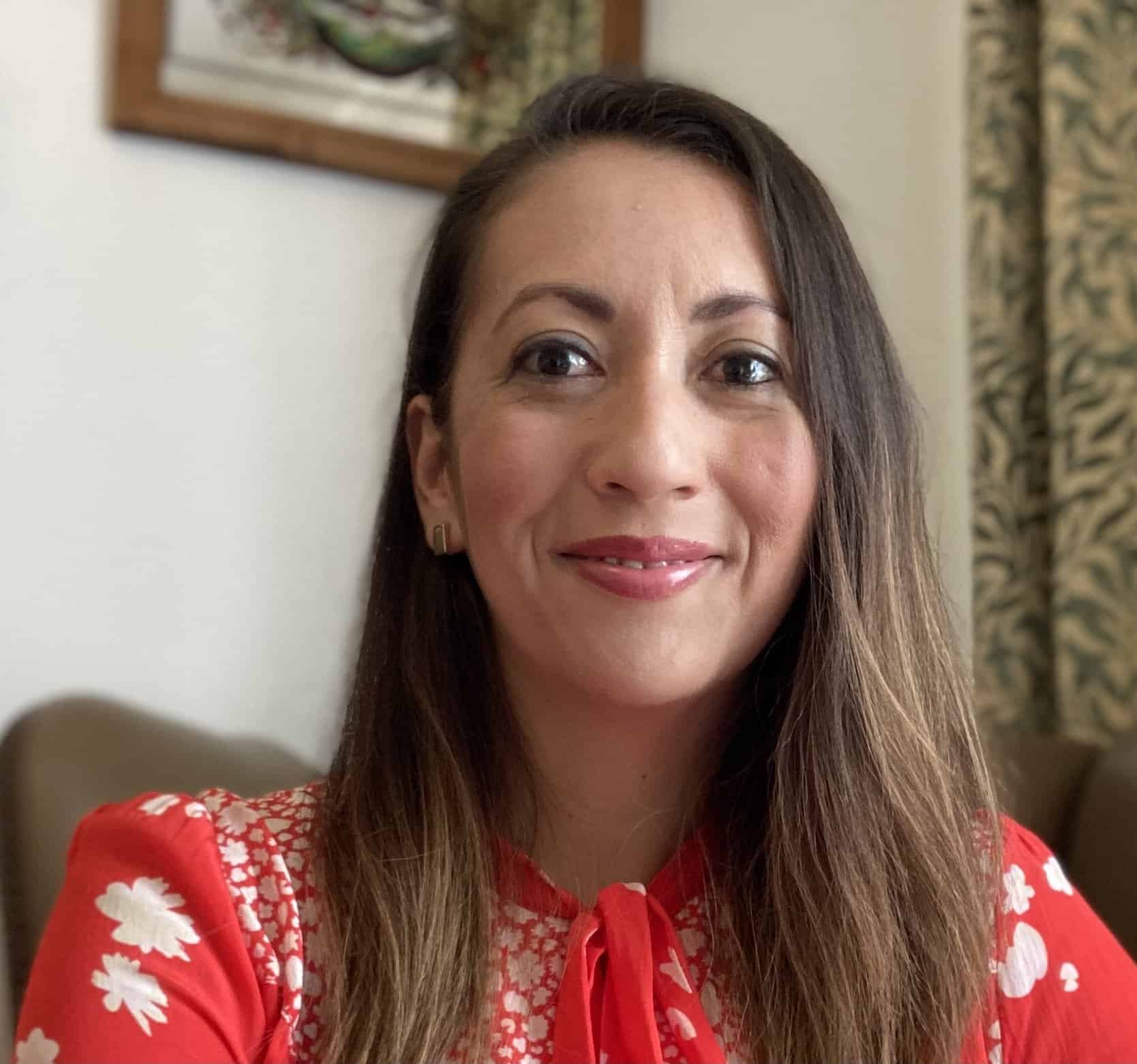After struggling with alcohol addiction for over 10 years — during which his 20-year banking career and 30-year marriage both collapsed — it was a presentation in a rehab center in 2019 that became the catalyst for Miles to turn his life around.
The presentation was by Invisible Cities, an organization which, since its inception in 2016, has trained 118 formerly homeless people to become tour guides. It’s a creative way of giving them not only a new income stream, but also a new sense of purpose — and skillset, too.
“This helped fill a void after I finished rehab,” says Miles, who has withheld his name for privacy reasons. “This was the opportunity that first helped me back on to a path of a ‘normal’ life again, and having a purpose.”
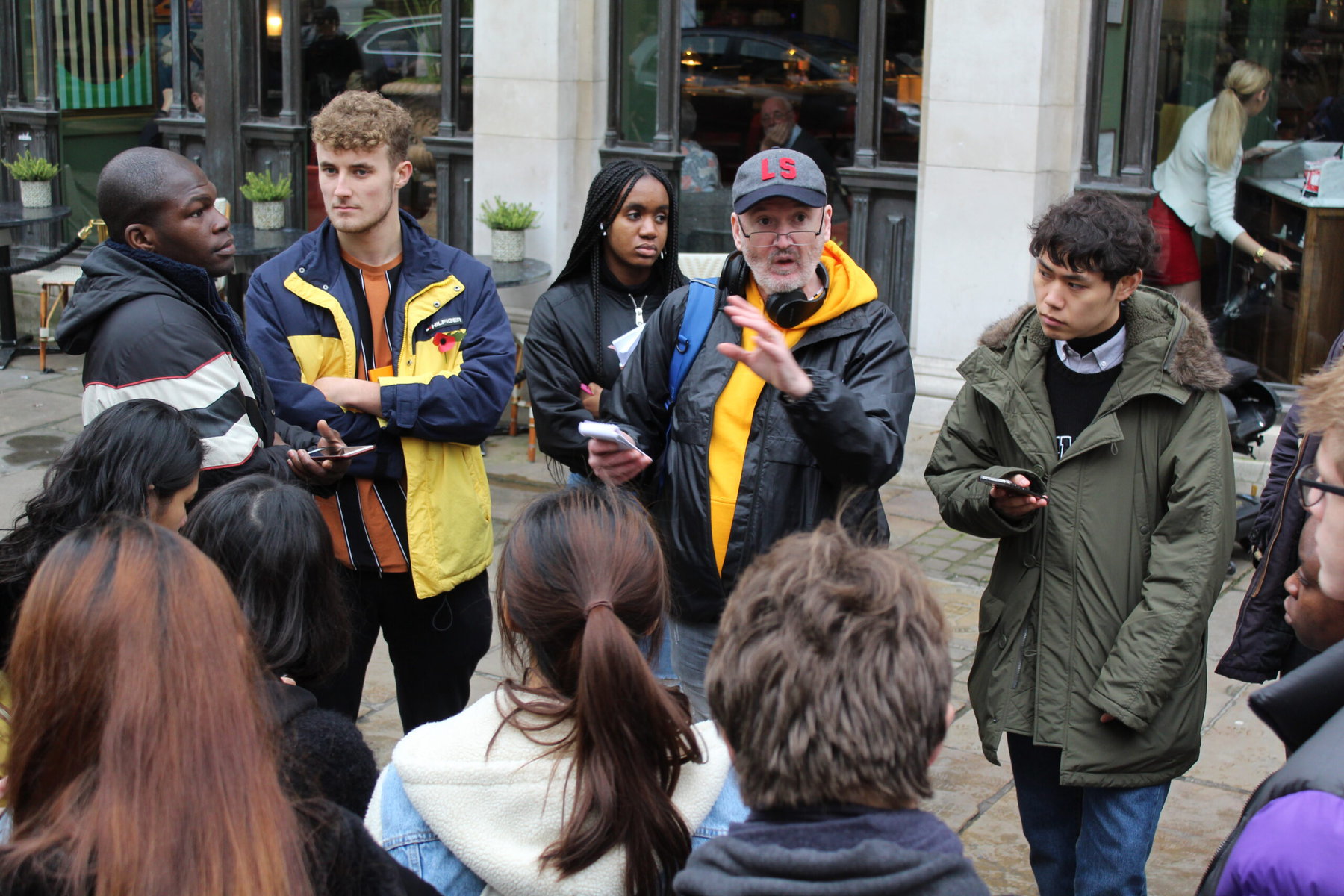
“I probably wouldn’t be where I am today without the opportunity Invisible Cities gave me. I’ll always be grateful for that.”
Invisible Cities’ guides specialize in unique topics that reflect their own personal story — such as a city’s LGBTQI history, notable women, protest culture, ties to witchcraft or how crime and punishment has evolved — in the UK cities of Edinburgh, York, Cardiff, Glasgow and Manchester.
Invisible Cities provides training for guides to create these “alternative walking tours,” as well as in public speaking and customer service skills. The organization is then responsible for marketing the tours and taking bookings. Participants pay up to £15 (around $19 US), which is split between the guide and Invisible Cities to support their efforts in recruiting more guides who have experienced homelessness.
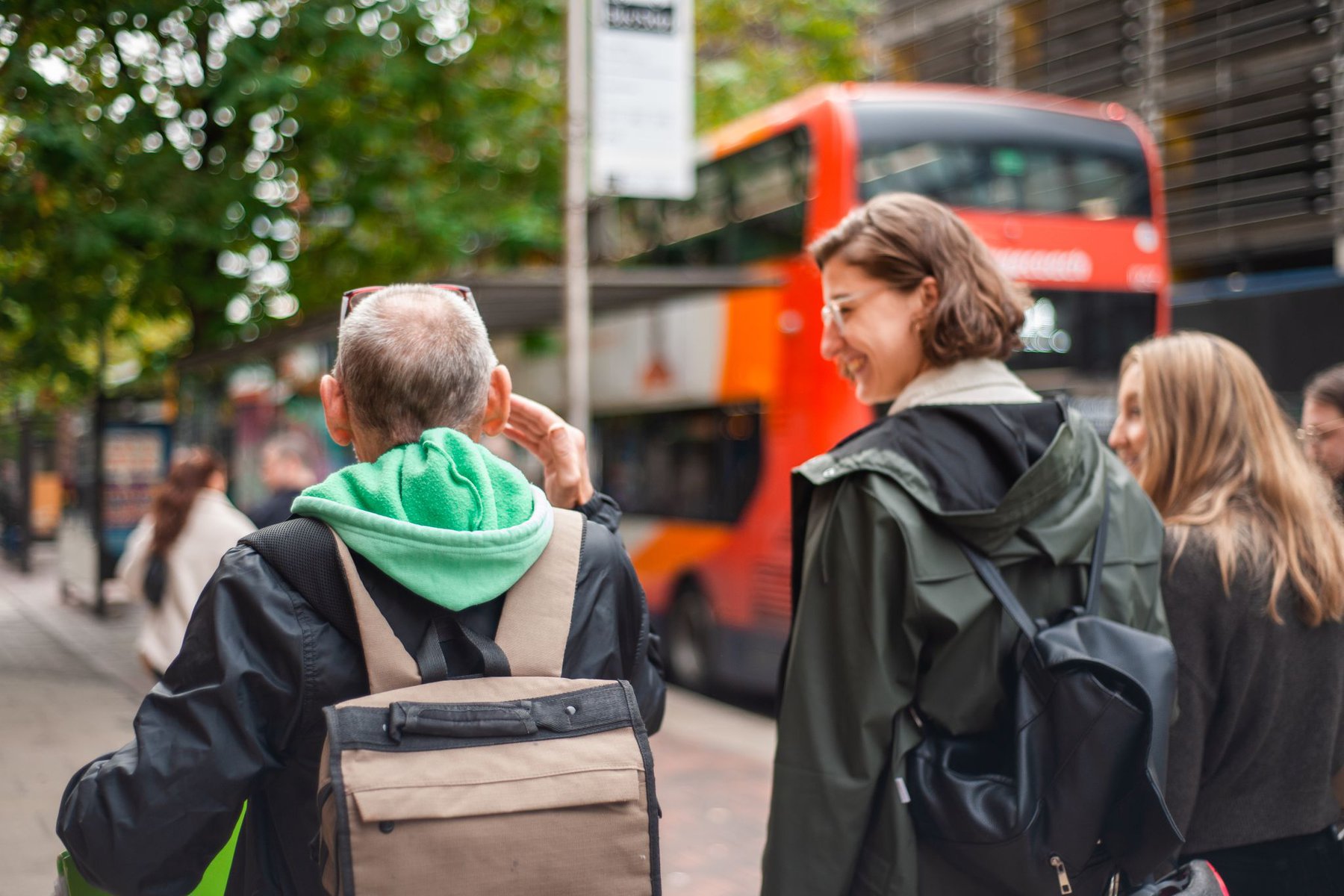
Invisible Cities has also set up a grant program for guides to access funding to do other external courses or start their own business, and offers training in IT and presentation skills to help them gain further employment.
With the help of sponsors, Invisible Cities also offers free community tours for specific groups. In 2023, 569 people from the Ukrainian community and from underprivileged areas attended free tours.
Miles’ tour of the English city of York, in which he has lived for the past 30 years, took him six months to put together. During that time, he transitioned out of the rehab center and into resettlement housing, where he stayed until he moved into his own apartment in 2021.
On his tours, Miles focuses on health and wealth in York, in parallel with his own experience in which his health was compromised due to addiction, and both having and losing wealth. He highlights buildings that have brought either health or wealth to the area, such as St. Leonard’s Hospital, which was one of the first hospitals in the UK, built in medieval times.
He also spotlights the city’s chocolate making locations, from the Terry’s Chocolate factory, which manufactured the iconic “chocolate orange” that is a tradition to give and eat at Christmas in the UK, to the Rowntree’s site that created the popular Kit Kat chocolate bar.
“What Terry’s did is they brought employment into the city. But they recognised very early that in order to build their company, they had to provide housing for their staff, and they reinvested their original profits back into their workforce, and into building up the factory,” Miles explains.
Weighed down by negative news?
Our smart, bright, weekly newsletter is the uplift you’ve been looking for.“And the same with Rowntree’s, who provided health benefits and housing to their workforce. But Rowntree’s was then taken over by Nestle, a multinational conglomerate, whose profits and investment go out of the city.”
Miles’ tours have evolved over the past five years based on social developments in the city and the questions participants ask. For example, his tours have addressed issues such as gang-related drug dealing, and a lack of accessible parking in the city, and he also weaves in his own experience living with addiction.
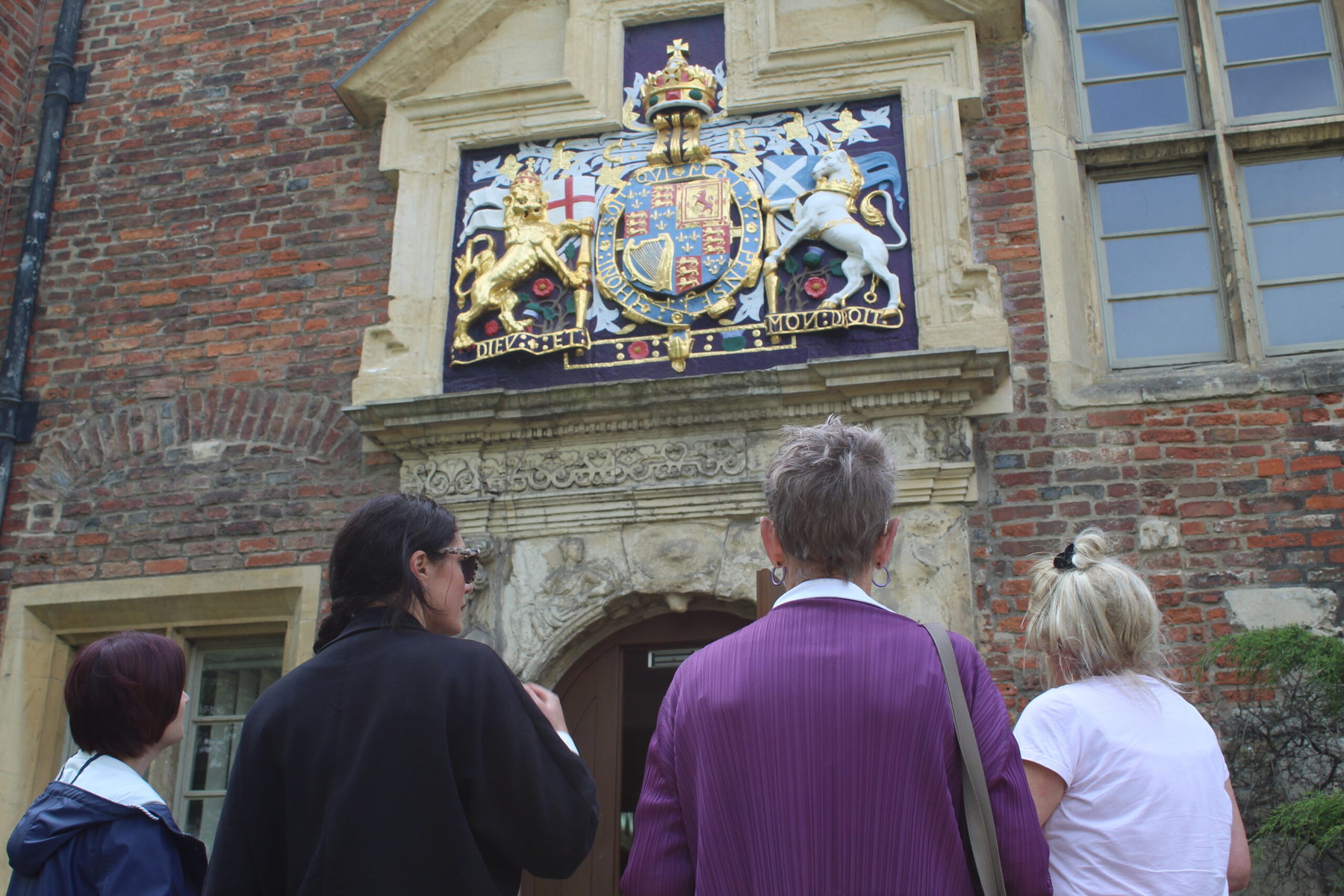
“I love being able to share the underbelly of our city, because York is very much seen as a vibrant city that’s rich with history and architecture. But I bring in aspects of rough sleeping, addiction and recovery, and I share what’s actually going on when [it’s] relevant, which keeps it alive for me, because it’s ever-changing,” he says.
Through other volunteering Miles has also built relationships with universities in the area, which have made his tour part of the curriculum for social policy students. He’s even had doctors come along who say they’ve gotten more out of it, in terms of understanding the city’s social support structure for homelessness and addiction, than a formal training day, so he is in talks with a number of local clinics to encourage more medical professionals to attend.
Founder Zakia Moulaoui Guery initially came up with the idea to help formerly homeless people gain the confidence to embrace the next chapter of their lives. To spread the concept of Invisible Cities further across the country, Moulaoui Guery has since developed a social franchise model, partnering with existing homeless organizations, which then take on the recruiting and training of guides.
This is crucial, says Moulaoui Guery, so the operation can continue to expand in a way that stays true to its mission of leveraging tourism to shine a light on issues of social justice and inequality, and help do good with the money visitors bring to iconic UK cities. Invisible Cities Cardiff, for example, is in partnership with The Wallach, the largest homelessness charity in Wales.
“Finding the right partner on the ground is always more important than whether or not that city will work in a touristic way,” says Moulaoui Guery. “I would rather work with a trusted partner, and for it to be a bit harder in terms of visitors, than to go somewhere like London, for example, which would be a lot harder to make work.”
In this way, expansion to Liverpool and the Scottish Borders is currently in the works. Moulaoui Guery is also eyeing cities like Oxford, Cambridge, Aberdeen and Dundee.
Not all who take on Invisible Cities’ training become guides — just 16 are currently actively running tours. About a quarter of a training cohort of around eight people become guides, shares Moulaoui Guery, while another quarter stay involved with Invisible Cities in a different capacity, for example, helping at tourism trade shows. Another quarter take up a different opportunity, through a job or setting up their own venture. And another quarter move on without staying in touch.
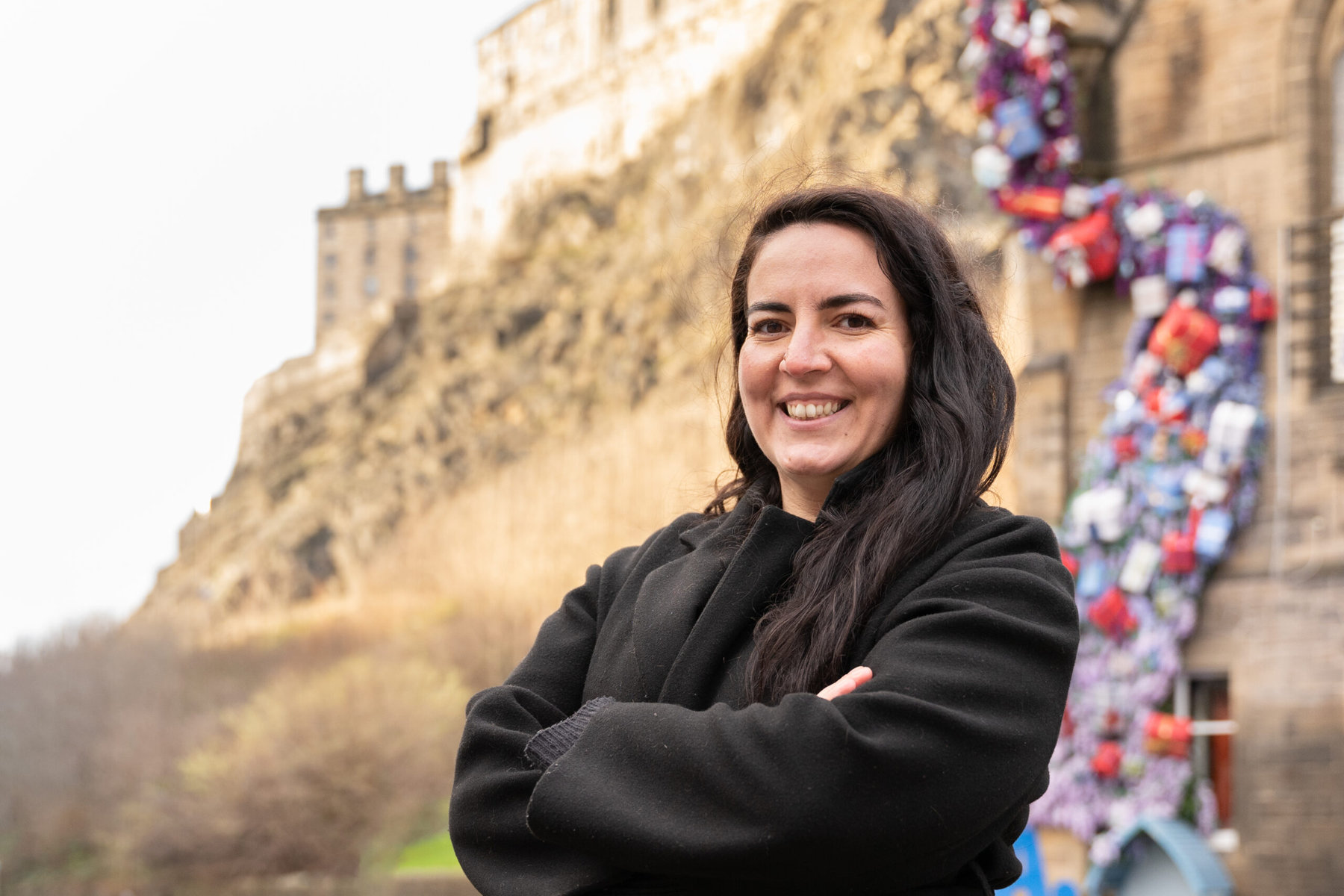
As much as she’s passionate about spreading the Invisible Cities movement, Moulaoui Guery is just as happy when guides move on.
“I think sometimes it’s great when we don’t hear anything from people, because it means they are moving on, and are too busy living out their dreams. What we don’t want to do is hold onto people forever,” she says.
Miles, meanwhile, is not only sober and in his own apartment, but has also helped set up another nonprofit organization to tackle homelessness and poverty. In light of his new commitments, he has gone from doing several Invisible Cities tours a week to a handful a month — but is keen to stay active as a guide even in this capacity.
“I don’t want to stop doing the tours,” he says. “They are really enjoyable. I will still keep this as a precious thing, because we are a close-knit team and really support each other. There’s quite a family feel.”





